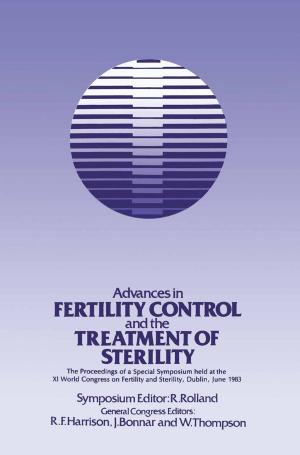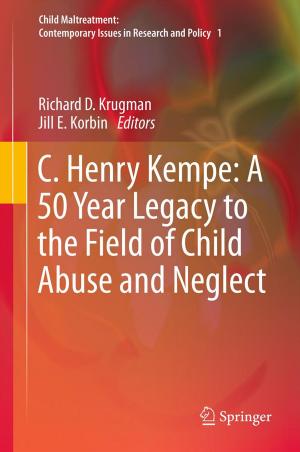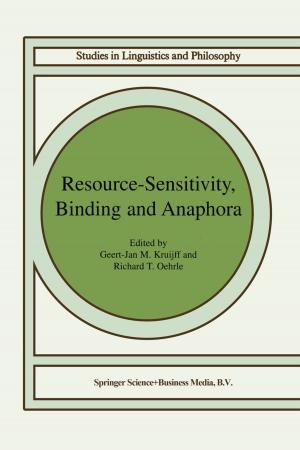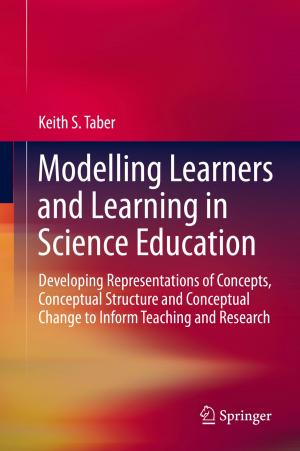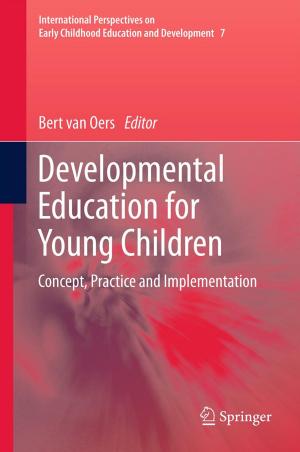Perspectives in Human Growth, Development and Maturation
Nonfiction, Health & Well Being, Medical, Ailments & Diseases, Infectious Diseases, Epidemiology, Social & Cultural Studies, Social Science, Anthropology| Author: | ISBN: | 9789401598019 | |
| Publisher: | Springer Netherlands | Publication: | March 14, 2013 |
| Imprint: | Springer | Language: | English |
| Author: | |
| ISBN: | 9789401598019 |
| Publisher: | Springer Netherlands |
| Publication: | March 14, 2013 |
| Imprint: | Springer |
| Language: | English |
One morning in 1969, out of the blue, I received a letter which both distressed and astonished me. It was from a Prof. S. R. Das in Calcutta, who requested me to accept, for eventual analysis, a mountain of anthropometric data he had accumulated, as he was ill and did not expect to survive to analyse it himself. The data provided the astonishment; twenty-two anthropometric characters recorded every six months or a year, over a period of 14 years, in a mixed longitudinal study of some 560 children, aged six months to twenty years. Most were in families with siblings also in the study, and every child was measured every time by S. R. Das himself. The archive was unique, combining the personal anthropometry of R. H. Whitehouse in the Harpenden Growth Study and the family approach of the Fels Growth Study. This was a study of which neither I, nor anyone of my acquaintance, had heard. Even in India, Prof. Das' work was scarcely known. It turned out Das was a scholarly man, quiet and unassuming, absolutely committed to his Sarsuna-Barisha Growth Study,just the obverse of the professional showman. Clearly this was not a request I could refuse, although I already had in hand enough projects to occupy Siva himself.
One morning in 1969, out of the blue, I received a letter which both distressed and astonished me. It was from a Prof. S. R. Das in Calcutta, who requested me to accept, for eventual analysis, a mountain of anthropometric data he had accumulated, as he was ill and did not expect to survive to analyse it himself. The data provided the astonishment; twenty-two anthropometric characters recorded every six months or a year, over a period of 14 years, in a mixed longitudinal study of some 560 children, aged six months to twenty years. Most were in families with siblings also in the study, and every child was measured every time by S. R. Das himself. The archive was unique, combining the personal anthropometry of R. H. Whitehouse in the Harpenden Growth Study and the family approach of the Fels Growth Study. This was a study of which neither I, nor anyone of my acquaintance, had heard. Even in India, Prof. Das' work was scarcely known. It turned out Das was a scholarly man, quiet and unassuming, absolutely committed to his Sarsuna-Barisha Growth Study,just the obverse of the professional showman. Clearly this was not a request I could refuse, although I already had in hand enough projects to occupy Siva himself.



